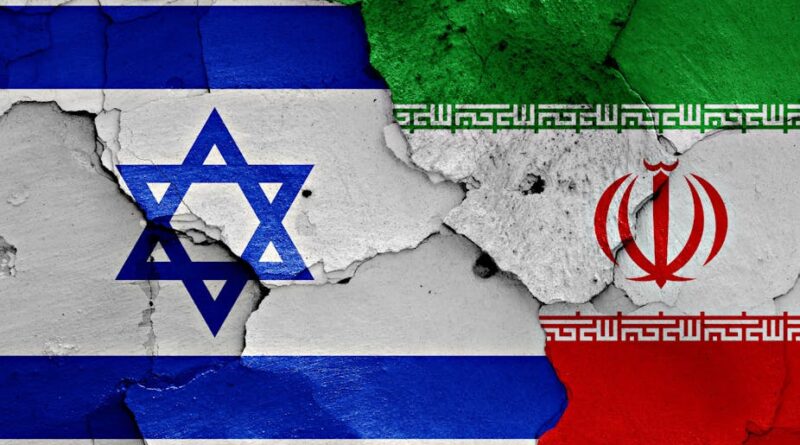Iran Tests Russian S-400 System Amidst Shaky Middle East Relations
Iran is gearing up for a potential confrontation with Israel and has allegedly conducted trials with the Russian S-400 air defense system, as indicated by reports. Additional reports citing Israeli authorities suggest that groups in league with Iran are planning to initiate assaults from southern Syria. It’s been reported that Iran conducted its inaugural test of the Russian S-400 Triumph air defense missile system in the Isfahan region on July 26.
The reported test preparation included a wide array of components such as the S-400 air defense missile system battery, a combat control post (CCP), a radar system (RS), launching mechanics, and modes of transport and loading. In addition to these, the air defense setup was also integrated with the 48N6E3 anti-aircraft directed missiles, which hold the capability of counteracting an extensive spectrum of airborne risks.
Regional military evaluators have labeled this as the ‘inaugural test of the S-400 air defense system’. There’s even been mention of heightened radar emissions, signalling military training activities where radar systems are typically employed to discover, trail, and categorize objectives, while imitating a combat situation.
However, it remains uncertain whether Iran has procured the system or if it was merely a test conducted as part of Russia’s strategy. This uncertainty breeds questions as to whether this indicates an official request from Iran to purchase the system, or if the system’s presence on Iranian soil is simply part of a marketing effort to demonstrate the system’s operational capabilities.
Iranian officials had previously indicated an absence of interest in acquiring the S-400, stating that their domestic Bavar 373 system offered comparable abilities. This raises further questions regarding their recent activities.
Reports indicate that Israel has picked up signs of Iranian cells preparing to launch attacks from southern Syria. According to these reports, Iran’s plans to establish a terrorism-front against Israel are continuing, apparently unphased by international pressures.
Israeli sources have issued alerts regarding groups in affiliation with Iran that are planning to launch assaults from southern Syria. The reports state that their forces successfully conducted an operation on July 2 targeting a terrorist cell directed by Iran based in southern Syria.
An official explained that the cell aimed to keep tabs on IDF forces in the area, and support a future assault into Israel. An impressive cache of weaponry was confiscated during the operation, further substantiating these claims.
All these activities combined suggest an escalation in tensions and indicate a potential risk for a new wave of conflict in the region. The implications of this news hold both regional and potentially global significance, as the world keeps a wary eye on the situation.
Uncertainty lingers as to whether the S-400 system will end up as part of Iran’s defense arsenal, which could significantly strengthen its air defense capabilities. Not only does this present a direct challenge to Israel’s national security, but it could also radically alter the power dynamics within the region.
The ongoing struggle between Israel and Iran, with the potential for military intervention, is proof of the fragile state of peace and stability in the region. Neither side appears ready to back down, causing concern among global powers who are keen to keep the situation from escalating further.
The Iranian ‘tests’ of the S-400 air defence system, if confirmed, could seriously affect the balance of military power in the Middle East. However, any moves to bolster its armament could be viewed unfavorably on the world stage, potentially triggering a response from world powers.
This complex weave of strategic military moves and counter-moves in the Middle East, involving Iran and Israel, renews discussions about peace processes and dialogue on the global stage. With each new report, the world is reminded of the pressing need for de-escalation and diplomatic conflict resolution in this conflict-torn area.



